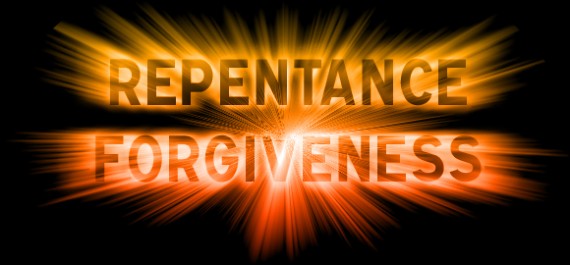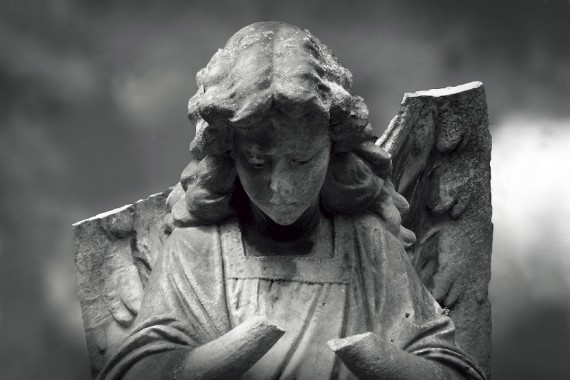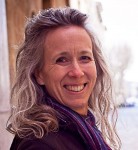 This Guest post is written by Cheryl Petersen, author of 21st Century Science and Health.
This Guest post is written by Cheryl Petersen, author of 21st Century Science and Health. She is a freelance writer and correspondent for The Delaware County Times. Cheryl’s website is Healing Science Today.com and she lives in upstate New York tweeting as @CherylPetersen
If you would like to write a guest post for this blog, check out the guidelines here.
A non-traditional worshipper is not alienated from traditional faith-based societies
The continued use of alternative faith-based social networks does not require me to estrange myself from traditional religion. Like many other committed adherents, I engage Christianity actively, but years ago I stopped attending a “traditional” religious organization.
 Instead, I’ve discovered church in alternative environments. Small home gatherings. Coffee shops. Everyday life. These unorthodox religious settings offer the advantages of autonomy and satisfaction. And, they come without the awkward dogmatic pressures and rituals which are prevalent in many conventional churches.
Instead, I’ve discovered church in alternative environments. Small home gatherings. Coffee shops. Everyday life. These unorthodox religious settings offer the advantages of autonomy and satisfaction. And, they come without the awkward dogmatic pressures and rituals which are prevalent in many conventional churches.
For 30 years I was a member of a Christian church. For almost 20 of those years I held positions and served at church religiously. When I altered my church habits, I was not a college student. I was not lost. I was not having a mid-life crisis. The shift to using nontraditional church more resembled the spirit of Abram when he said to Lot, “Let’s not have any quarreling between you and me, or between your herdsmen and mine, for we are brothers. Is not the whole land before you? Let’s part company” (Genesis 13:8, NIV).
For those of us who relate to God, we do take measures to participate in cultivating spiritual faith, power, and understanding. The obvious participants are observed at church facilities, temples, and synagogues. However, I’ve discovered a high number of participants who are not so conspicuous but yet are fine-tuning their faith through alternative networks.




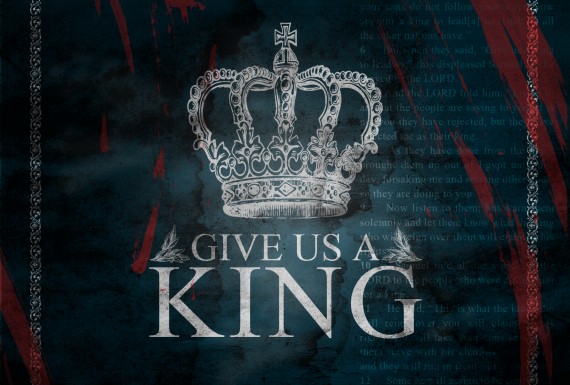

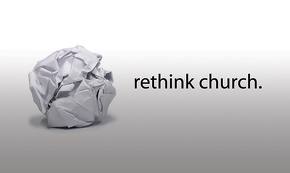 My friend Kathy Escobar wrote an insightful post recently about her understanding of church.
My friend Kathy Escobar wrote an insightful post recently about her understanding of church.
 This is a guest post by Dan Pedersen. He is passionate about helping people break-free from religious oppression by writing about the true character of God, love. Dan lives in Canada with his wife and daughter. You can find his blog at
This is a guest post by Dan Pedersen. He is passionate about helping people break-free from religious oppression by writing about the true character of God, love. Dan lives in Canada with his wife and daughter. You can find his blog at 

 This is a guest post by Joshua Lawson. He is a husband to Sarah and a father to Joshua, Hope, and Allison. Once upon a time he was a halfway decent basketball player, but his dream since becoming a father has gone from playing in the NBA to one day getting a full night’s sleep again. Joshua blogs at
This is a guest post by Joshua Lawson. He is a husband to Sarah and a father to Joshua, Hope, and Allison. Once upon a time he was a halfway decent basketball player, but his dream since becoming a father has gone from playing in the NBA to one day getting a full night’s sleep again. Joshua blogs at 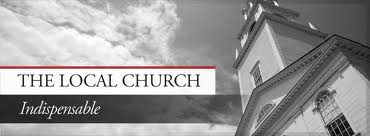

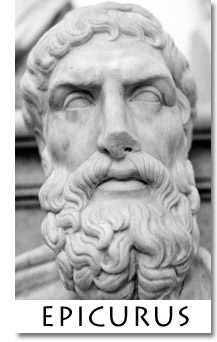 Those of us Christians who live in the USA often pride ourselves in our “Christian” form of government, and believe that our Constitution and indeed many of our laws are based on Christian principles. Some of us believe that our laws should reflect the teachings of the Bible, or what we suppose the teachings of the Bible to be.
Those of us Christians who live in the USA often pride ourselves in our “Christian” form of government, and believe that our Constitution and indeed many of our laws are based on Christian principles. Some of us believe that our laws should reflect the teachings of the Bible, or what we suppose the teachings of the Bible to be.
 But eventually I began to wonder about this entire concept. Are there really special words and special languages which makes a person more acceptable to God? Is there such a thing as a pure textual tradition which can be aspired to or returned to? When people claim this is the case, how do we know that they are capable of making decisions of which is pure and which is not?
But eventually I began to wonder about this entire concept. Are there really special words and special languages which makes a person more acceptable to God? Is there such a thing as a pure textual tradition which can be aspired to or returned to? When people claim this is the case, how do we know that they are capable of making decisions of which is pure and which is not?
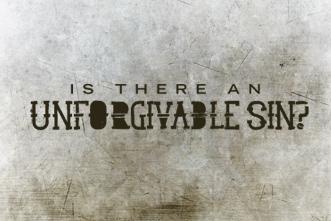 How can you know if you, or a friend, or relative, have committed the unforgivable sin?
How can you know if you, or a friend, or relative, have committed the unforgivable sin?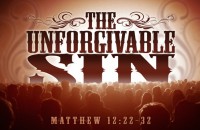 But be warned.
But be warned.
